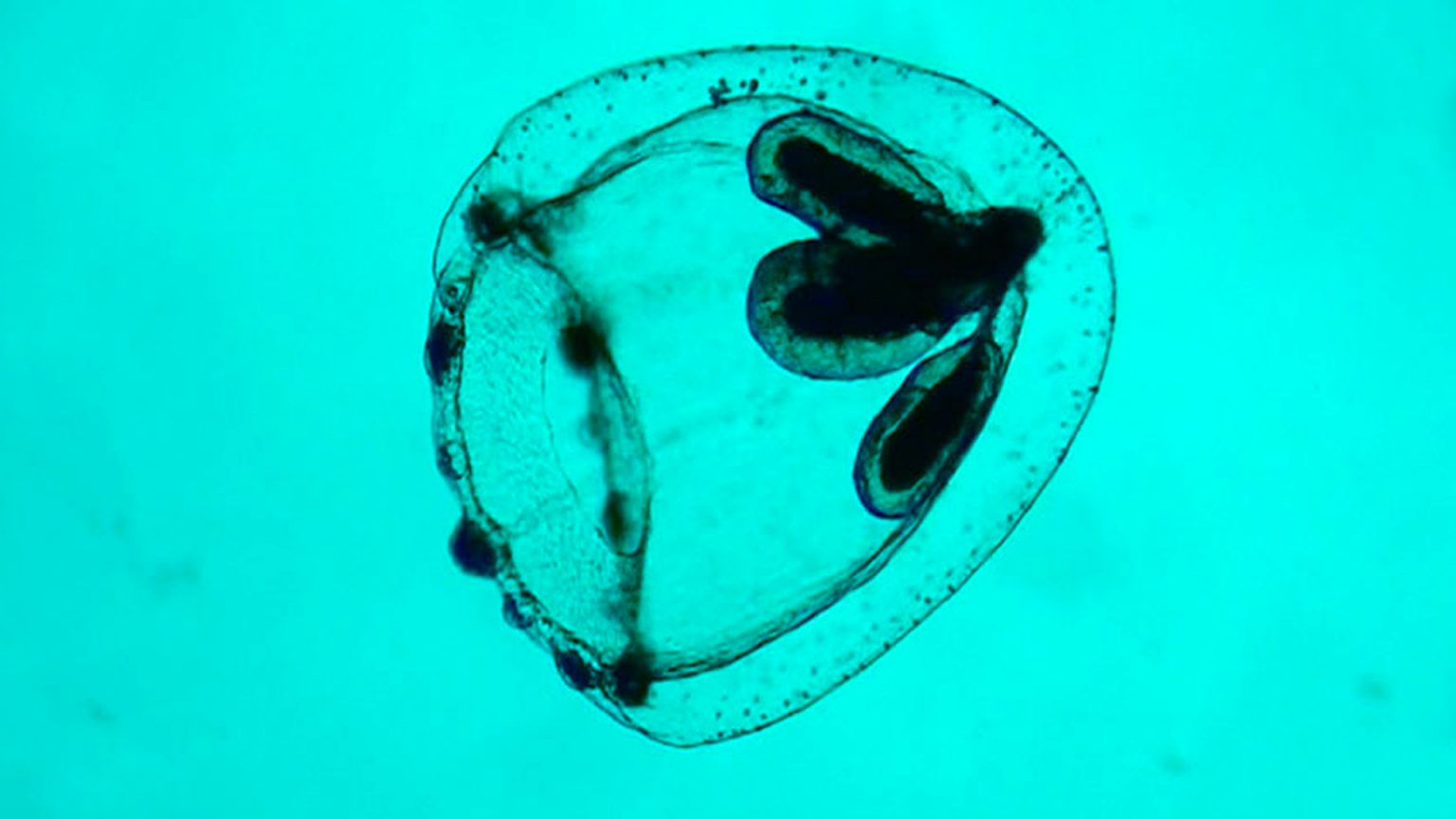“It’s been a while since I’ve been able to get fully on board with Paolo Sorrentino,” begins Jessica Kiang at the Playlist.
But showing me and all other unbelievers that the emperor of recent follies like Youth and This Must Be the Place (and also, in fairness, the Oscar-winning The Great Beauty which is fine) has perhaps been fully clothed the whole time—and in gorgeous, gold-accented, flowing robes at that—here’s The Young Pope, the twisted, funny, frightening, deeply weird HBO series Sorrentino has written and directed. Pitched perfectly (at least in its feature-length first episode) between irony, absurdity and caustic cautionary tale with real-world resonances, shot pristinely (bar a couple of ropy effects shots) by Sorrentino regular Luca Bigazzi, The Young Pope invites comparisons to House of Cards, in its knotty politicking and charismatic, ruthless central character. But that neglects the uncanny aspect of religious power, the mandate from the big guy in the sky to exert influence over not just the circumstances, but the thoughts, dreams, the very souls of the faithful—territory not even Frank Underwood could reach. It lends the show an added spooky dimension—here, eeriness is next to Godliness—which is complemented by the beautifully sustained ambiguity at its dark heart.
“It beings with what appears to be a botched coup,” explains Ed Gibbs at Little White Lies. “The self-styled Pius XIII (Jude Law) finds himself in the unlikely position of becoming the first American pope after the plans of his Machiavellian mentor (James Cromwell) go awry. Otherwise known as Lenny Belardo, the brash American Pontiff immediately lifts a smoking ban in the Vatican (for himself only) and sets about resetting the balance of power. He begins by unseating the ambitious Cardinal Voiello (Silvio Orlando), who had designs on being a gatekeeper and chief string-puller to this new, unorthodox papal figure. Lenny’s adopted mother (Diane Keaton, sporting a nun’s habit, no less) is simultaneously recalled to assist with the new administration, although even she soon over-extends her reach…. Highly recommended viewing.”
“What we saw at Venice was the first two episodes of a TV show and so it needs time to grow,” notes the Guardian‘s Peter Bradshaw. “The emphasis isn’t on needing to know what happens next. Yet perhaps that’s partly because knowing what has just happened is difficult enough…. But everything has the Sorrentino signature: superbly composed, stylized silent group scenes and tableaux, dreamy ambient electronic music, a woozy state of weightlessness, a mood somewhere between wonder and anxiety.”
In Variety, Jay Weissberg adds that Sorrentino’s “signature masterful compositions and mordant wit are of course on show, but where the director runs with his flights of imagination remains an endless source of delightful surprise…. There are definitely elements of a more soap opera-ish narrative than we’ve previously seen, yet knowing the director’s ability to make sharp, astute comments that zero in on the ultra-serious underpinnings of all good satire, we can expect a wild journey balancing outlandishness with trenchancy.”
“The Vatican and its intrigues would seem a perfect setting for Sorrentino’s baroque cinematic stylings, and there are portions of The Young Pope that are breathtakingly cheeky,” writes Glenn Kenny in a dispatch to RogerEbert.com. “But the writing, despite its flashes of exceptionally witty dialogue… often lacks, and lacks hard.”
“Law makes the new Pontiff a memorable megalomaniac, but who can call it delusions of grandeur when he’s the head of a billion Catholics around the world?” asks Deborah Young in the Hollywood Reporter. “Enigmatic and eerily composed in his impeccable white robes and wide-brimmed hat, he recalls Terence Stamp (who incidentally played a Pope in the film Vatican Conspiracy) with a hint of Anita Ekberg in her Vatican visit in La Dolce Vita. Only here Sorrentino’s fantasy has run even wilder than Fellini‘s and verges on the incomprehensible when he tries to psyche out Lenny’s dark mind. The editing could be clearer in certain parts.”
“Most of these two hours are spent setting up the board before the game can actually begin,” notes Indiewire‘s Dana Harris. “For all we know, the show could move away from papal power plays toward a larger theological inquiry. People around the festival have taken to ‘House of Cardinals,’ but with its mostly Italian cast and hard-assed lead, I give you permission to call it ‘The Poperanos’ as well.”
Screen Andreas Wiseman chats with Sorrentino: “For years we have had only one option: the cinema. Now we have another: television that, thanks to the foresight of producers, allows us to operate in the right conditions: creative freedom and an important budget…. I do not rule out at all doing TV in the future, it was inspiring, but now I feel a certain nostalgia for the power of cinema.”
Update, 9/6: Variety‘s Nick Vivarelli reports that Sorrentino’s next project will be “a drama about Silvio Berlusconi and the former Italian prime minister’s inner circle. The film is working-titled ‘Loro,’ according to a reliable source. That translates in Italian as ‘Them.’ The title also involves some wordplay, given the assonance with another word, ‘L’oro,’ which in Italian means gold.”
Update, 9/10: Jonathan Romney for the Guardian: “The usual Sorrentino visual tricks are here—sweeping glides through marbled corridors, nuns playing football in slo-mo—but they feel heavier than in his best work. And the English-language dialogue—theological, political or just plain off-the-wall—is indigestibly prolix.”
The 2016 fall film festival indexes: Venice, Telluride, and Toronto.




